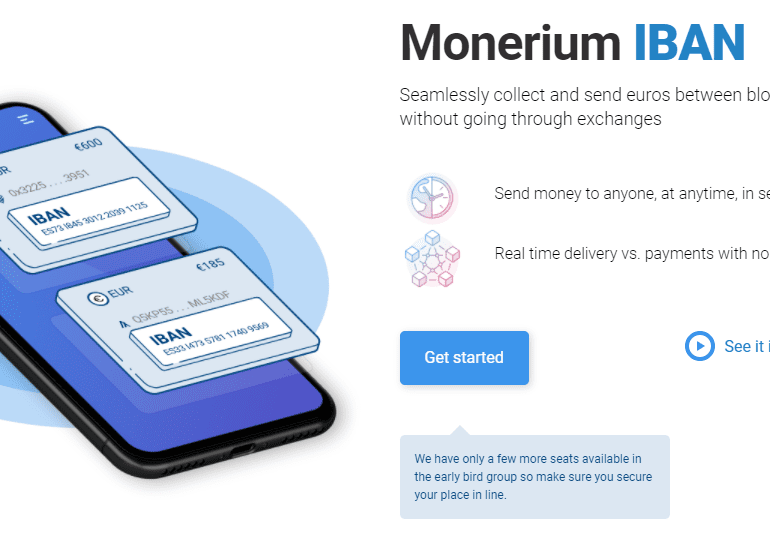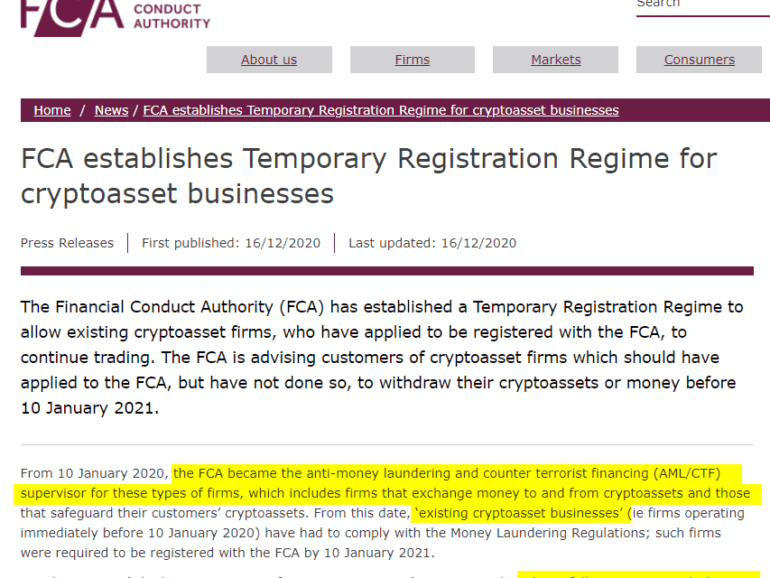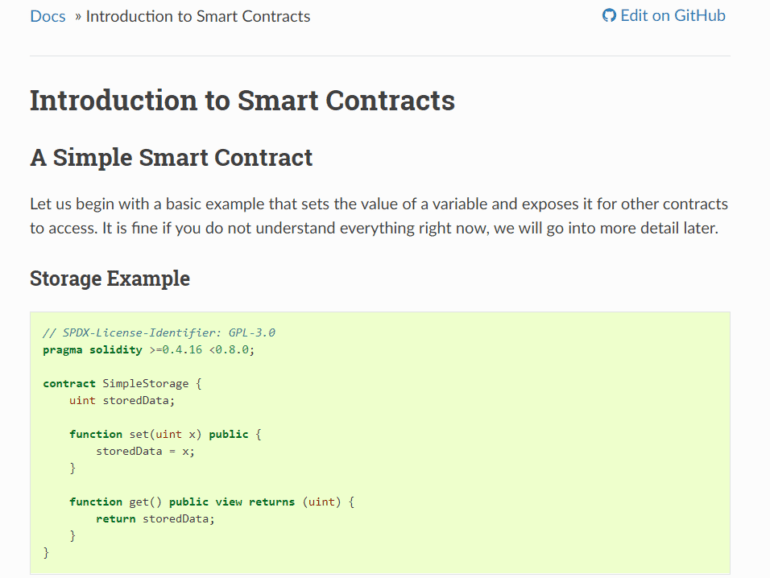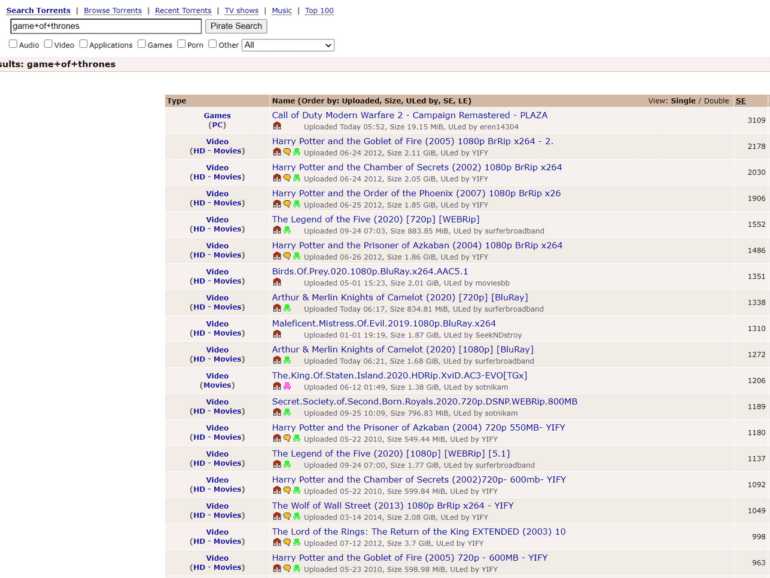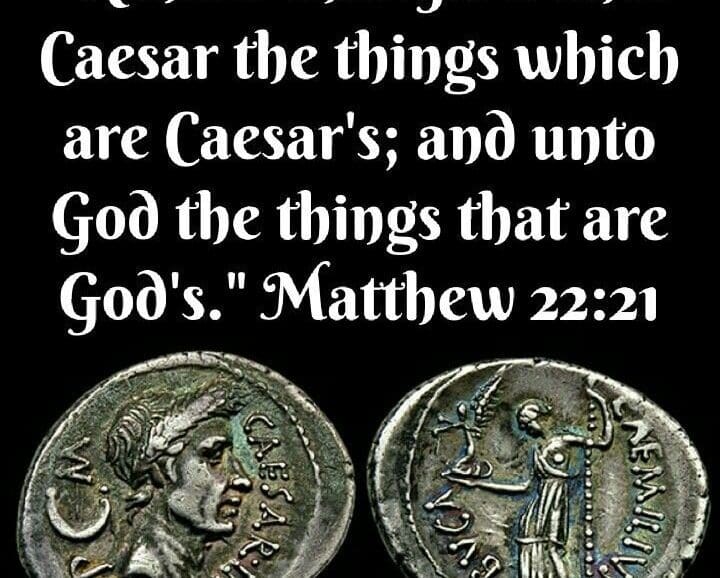Finance minister and frontrunner in Argentina presidential elections announced the digital Peso project, against crypto critics.
In this conversation, we talk with Jon Helgi Egilsson about his incredible journey to becoming Chairman and a co-founder of Monerium.
Jon is a former chairman and vice-chairman of the supervisory board of the Icelandic Central Bank, a former adjunct professor in financial engineering and MBA lecturer at Reykjavik University, a visiting scholar at Columbia University, and co-founder of four software companies. Additionally, we explore the various concepts of digital money in the framework creating a competitive yet unified environment between fiat money, banking based on fractional-reserve, and the token economy.
central bank / CBDCCryptodecentralized financeopen sourcephilosophyregulation & compliancestablecoins
·This week, we look at:
Proposed US regulation from FinCEN, legislation from the House of Representatives, and UK FCA registration requirements that would impact the crypto industry
The difference between competition for share within an established market, and competition between market paradigms (think MSFT vs. open source, finance vs. DeFi)
The crypto custodian moves from BBVA, Standard Charters, and Northern Trust
The bank license moves from Paxos and BitPay, as well as the planned launch of a new chain by Compound, in the context of the framework above
Permissionless finance is a paradigm breach. It pays no regard for the very nature of the incumbent financial market. Without banking, it creates its own banks. Without a sovereign, it bestows law on mathematics and consensus. Without broker/dealers, it creates decentralized robots. And so on. It tilts the world in such a way as to render the economic power of the incumbent financial market less important. Not powerless -- the allure of institutional capital is a constant glimmer of greedy, opportunistic hope. But the hierarchy of traditional finance does not extend to DeFi, and thus has to be re-battled for the incumbent. This is cost, and annoying.
In this conversation, we go through the essentials of Decentralized Finance with Kerman Kohli, who is a serial entrepreneur and the writer of the DeFi Weekly newsletter. We discuss the mechanics of issuing stablecoins, decentralized lending, decentralized exchange, automated market makers, and the increasing complexity of synthetic assets that have grown the sector to nearly $7 billion in August of 2020.
big techcentral bank / CBDCdecentralized financedigital lendingdigital securities / STOenterprise blockchainexchanges / cap mkts
·This week, we look at:
How the music industry needed The Pirate Bay and Napster
Why J.P.Morgan is paying $1B in fines for allegedly manipulating the precious metals market
Whether DeFi is flirting with self-dealing and veering towards apathy
Why QAnon and 8chan are a bad example for global governance
And how the European Commission’s proposed crypto-market rules are highly productive for blockchain-based capital markets infrastructure
I examine the rising relevance of Central Bank Digital Currencies. We look at the World Economic Forum policy guide to understand different versions of CBDCs and their relative systemic scale, and the ConsenSys technical architecture guide to understand how one could be implemented today. For context, we also dive into a very different topic -- Lithium ion batteries -- and show how a change in the cost of a fundamental component part (e.g, 85% cost reduction in energy, or financial infrastructure) opens up a massive creative space for entrepreneurs.
In this conversation, we chat with Richard Turrin – an award-winning executive, previously heading FinTech teams at IBM, following a twenty-year career, heading trading teams at global investment banks. He’s also the author of the number one international bestseller, Innovation Lab Excellence. One of his books is Cashless: China’s Digital Currency Revolution, which brings the story of China’s incredible new central bank digital currency to the west. He lives in Shanghai, China, where he’s had the privilege of living in China’s cashless revolution firsthand.
·
This week, we look at:
How banks and financial advisors have failed to deliver on $1 trillion in capital appreciation for their clients over the last 12 years
The role of bank regulators in the United States, and the tensions between state and federal agencies
How the OCC is laying the groundwork for national banks to custody crypto assets, bank stablecoin reserves, run blockchain nodes, and use crypto payment networks
And instead of financial advisors or other CFAs guiding the retail market in good decision making, a newsfeed of *what’s popular* has driven Apple, Google, Tesla and the other John Galt hallucinations to the stratosphere. Don’t get us wrong. We love the robot as much as the next Fintech commentator. But it is clear to us that “the masses” are not being “advised”. And that the capital appreciation that matters — cementing the next trillion dollar networks for global future generations in work yet to emerge — is misunderstood and misrepresented by most financial professionals to their clients.
The IMF said Brazil's Digital Real could reap the benefits of blockchain technology and compete with privately-issued stablecoins.
This week, we look at:
What it means to ask questions and find answers
From asking simple questions that result in neobanks and roboadvisors. Who will win — Schwab or Robinhood?
To asking macro questions about the finance / high-tech competition. Who will win — Goldman Sachs or Google?
To asking profound questions about the nature of the work, and the art of finding your own questions.
We can't formulate the questions for you. But we can give you a framework of needs for both the individual, and the organization.
The questions that you ask are the answers that you will get.



